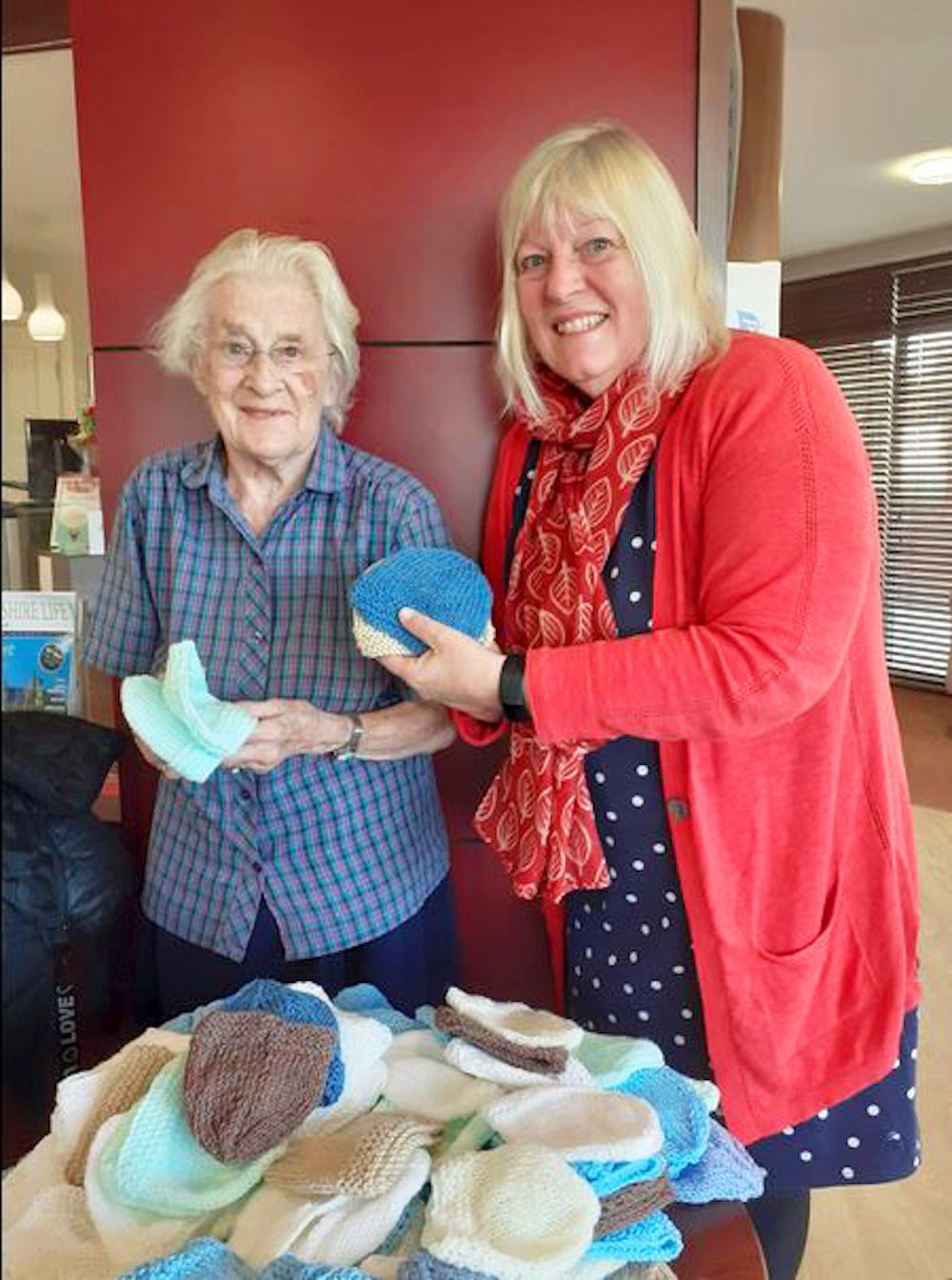Take a break from bad news to discover these four stories that offer us inspiration and hope
MoveFor1Minute campaign is shaking up our health
We live busy lives, and it’s easy to put our health and fitness on the back seat sometimes. But taking care of our health doesn’t have to become another chore, as award-winning osteopath Anisha Joshi is proving with the launch of her #MoveFor1Minute campaign.
Focusing on encouraging people to take a break and move their bodies for just one minute every Sunday at 11am, the campaign was built on the understanding that it can be challenging to find the motivation to be physically active, but small, attainable goals can work for everyone.
By joining her Instagram live stream, Anisha’s hope is that others will be inspired to try movement based around stretching, balance, and strengthening to target the entire body. These simple yet effective movements can help to increase blood flow, reduce stiffness, and generally improve your mood – which can make such a huge difference to our physical health and wellbeing, even if you’re doing it for just one minute.
Anisha’s followers have already seen the positive effects of this. One of them shared: “Anisha’s Sunday lives have made me realise how easy it is to fit in movement throughout my working day. Consequently, I have noticed a marked reduction in my back and neck pain, which has enabled me to be more productive at work, and generally a nicer person to be around!”
So if you’re ready to get your move on and start your day more productively, make sure to follow her at @anishajoshi.
New centre puts empathy at the heart of patient care
Feeling heard, supported, and cared for is all any of us want when seeking help from medical professionals, right? To help make this a reality, and ensure empathy takes its rightful place in healthcare, a new centre has been launched at the University of Leicester.
Stoneygate Centre for Empathic Healthcare was established in 2022, but officially launched in April this year. Pioneering a new approach to medical education and training with empathy at its core, the centre is the first of its kind in the UK.
As well as improving patient satisfaction, empathy is known to reduce pain experience, and even protect doctors from burnout. Despite this, levels of empathy in professionals have been found to take a tumble as medical training goes on.
In the year since its establishment, the centre has begun producing research on this lack of empathy, and possible solutions. One project, in particular, looked at the link between empathy and diversity.
Centre director, Professor Jeremy Howick, says: “Our research called for health professionals to embrace the benefits of diversity to exercise their ‘empathy muscle’. Leicester is the perfect place to study the positive elements of diversity, as it’s one of the most diverse cities in the UK.”
The centre will provide resources to help embed empathy in Leicester Medical School’s curriculum before expanding across the UK and beyond. We look forward to seeing the results, with empathy leading the way.
99-year-old knits 108 hats for Ukrainian babies
When we’re faced with huge human atrocities, such as the Ukrainian war, it’s hard not to feel a sense of helplessness. We can become overwhelmed by those feelings, and be left stunted. But, one 99-year-old woman from Lincolnshire is proving that small acts of kindness do have the ability to cut through the sorrow.
Hats for Ukrainian Babies is a charitable initiative organised by the Rotary Club, and aims to send knitted baby hats to displaced Ukrainians. And when Joan, a resident at Louth-based care home the Wolds Care Centre, heard about the appeal, she picked up her needles and got to work – single-handedly stitching up an astounding 108 baby hats.
“The war in Ukraine is truly awful, and I wanted to help and show my support. I really enjoy knitting, so when I heard about the appeal I couldn’t wait to get involved,” Joan explains. “It’s been a challenge, but a very rewarding one, and I’m so pleased I’ve managed to make nearly 110 baby hats. It’s certainly kept me busy!”
Joan’s achievement is a perfect reminder of the many forms that support can take, and how, often, the main thing needed to make a difference is a willingness to try.
“It’s no mean feat to hit treble figures in knitted hats,” says Michaela McGlynn, the Wolds Care Centre manager. “She’s done an incredible job, and been extremely kind and resilient to knit as many as she has – a donation that will make a big difference to those in war-torn Ukraine.”

Joan and some of her hats
Research discovers how long habits take to form
What does it really take to build a new habit? You might have heard people suggest doing it for 21 days straight and, voilà, the habit is set! But, according to a new survey, it has less to do with a ‘magic number’, and more to do with intention and motivation. If it’s a habit you can easily and realistically shoehorn into your daily routine, such as handwashing, it’s quicker to pick up. But if it’s something that takes more effort, like going to the gym, you could be in for a longer ride.
The research, published in the journal PNAS, applied a machine learning technique to identify and compare habit formation of both gym attendance and hospital handwashing. What they saw was that getting into the habit of going to the gym is a long-term commitment, taking about six months to fully form. What’s more, not going too long between gym sessions gives the clearest forecast as to whether the habit sticks or not.
If you are still waiting for the good news, it’s coming. We can’t make ourselves do something a set number of times and expect miracles, but we can look at our motives. Asking yourself, ‘What am I gaining from this, and can I make it fit in with my everyday life?’ will make it easier to kick old habits, and form new ones.


Comments